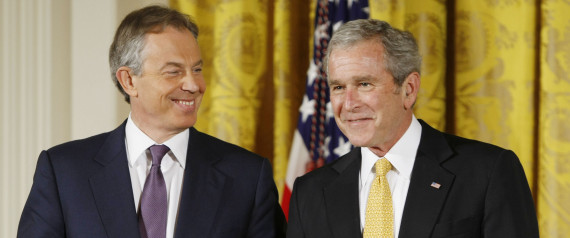
It wasn’t just about WMDs. Among the main justifications cited for the assault on Baghdad in 2003, without UN authorisation, were the alleged ties between Saddam Hussein and Osama Bin Laden and the supposed presence of al Qaeda operatives on the ground in Iraq.
Senior US officials fell over another to claim a ‘linkage’ between Saddam and OBL and suggested an invasion of Iraq would help reduce the threat from al Qaeda-inspired terrorism. Iraq, it was argued by the hawks, was just another front of the ongoing ‘War on Terror’.
In January 2004, however, the independent 9/11 Commission found no evidence of a “collaborative relationship” between Iraq and al Qaeda.
The Carnegie Endowment for International Peace concluded, also in January 2004, that “the most intensive searching over the last two years has produced no solid evidence of a co-operative relationship between Saddam Hussein’s government and al Qaeda.”
Most intelligence analysts and terrorism experts have since argued that the invasion of Iraq acted as a recruiting sergeant for al Qaeda-types, who turned the country into a safe haven and training ground. The war, in the words of former MI5 boss Dame Eliza Manningham-Buller, “increased the terror threat”.
Today, Isis, an offshoot of Al Qaeda – or, rather, a group too extreme and violent even for the fanatics of al Qaeda – is on the rise in Iraq, has captured the country’s second-biggest city, Mosul, and is preparing to march on Baghdad.











Sign up on lukeunfiltered.com or to check out our store on thebestpoliticalshirts.com.